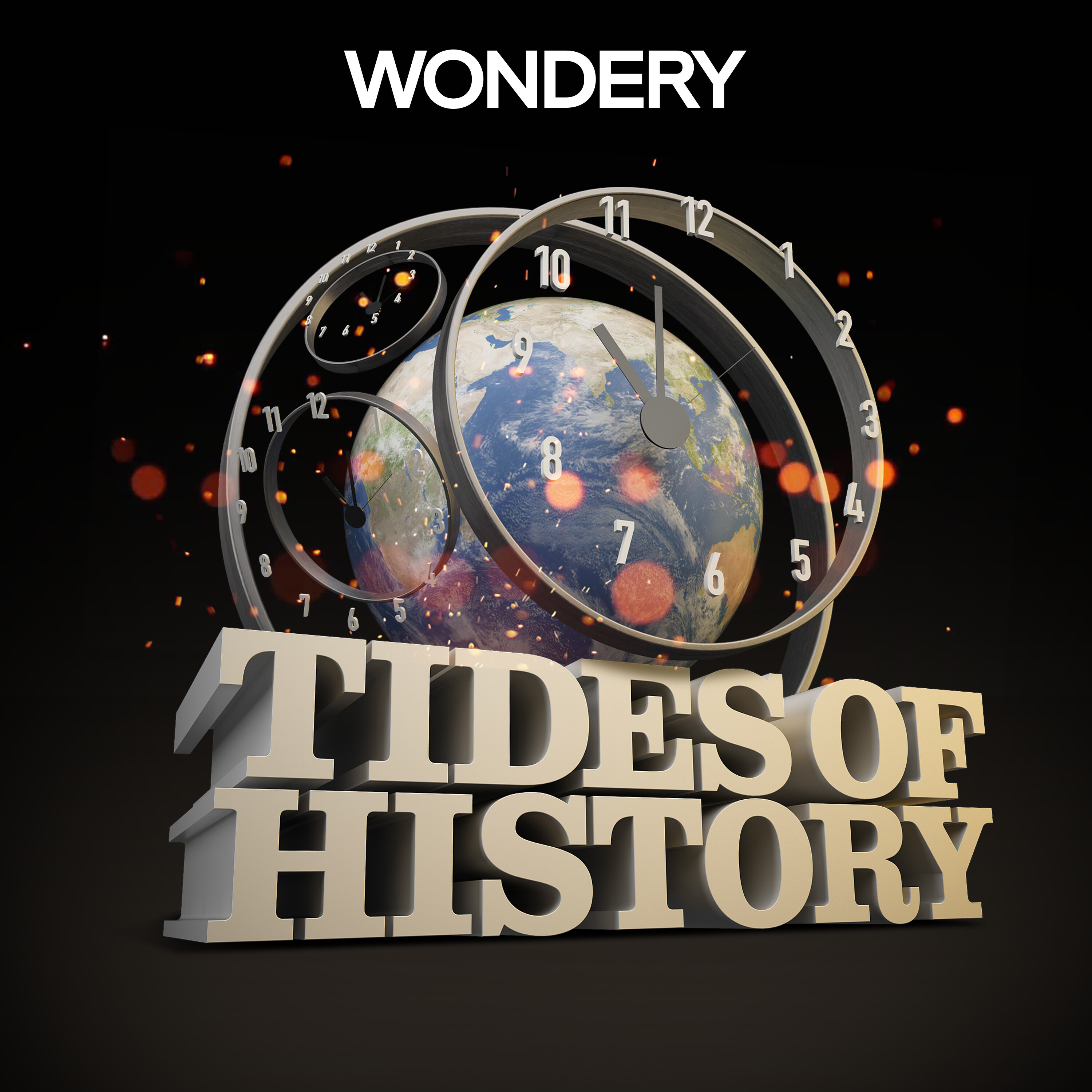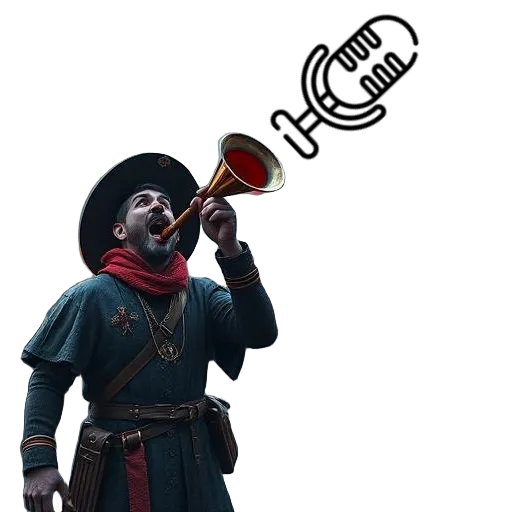Family Update
#13 Η ταυτότητα & ιδεολογία του Βυζαντίου
Interview with Shane Miller and Jessi Halligan on the White Sands footprints
Feed Drop - Stubborn Nags of Ancient Rome (Part I) from History's Trainwrecks's
56. Cyril, Methodios, and the conversion of the Slavs, with Mirela Ivanova
Egypt’s Middle Kingdom
Episode 26 - Megan Lewis
Episode 229 - John Komnenos with Dr Maximilian Lau
065: Antigonid Macedon - The Last March of the Spartans
Ancient Nubia and the Kingdom of Kush: Interview with Dr. Geoff Emberling
Episode 228 - Forgiveness not Permission
8. Siege of Olynthos
Alexander the Great
• 





